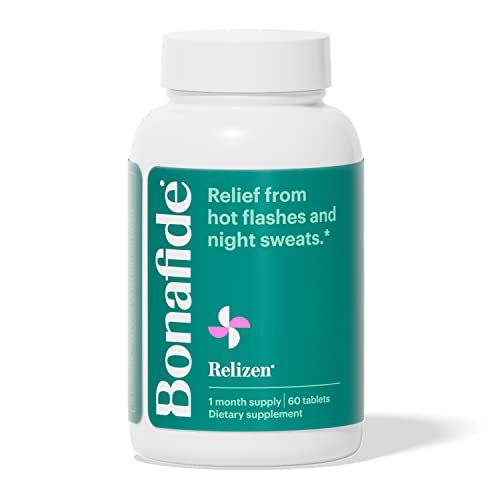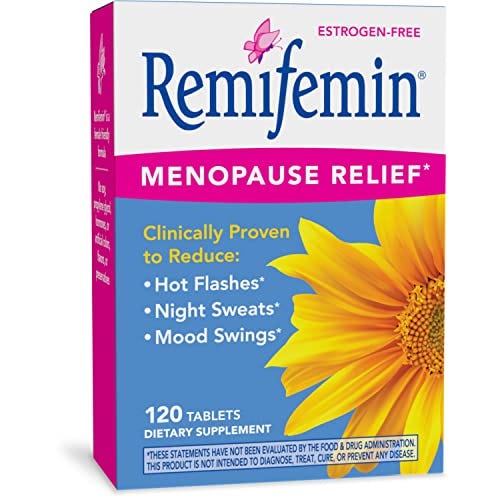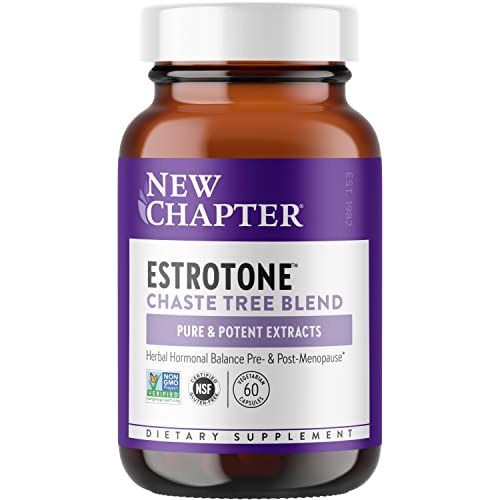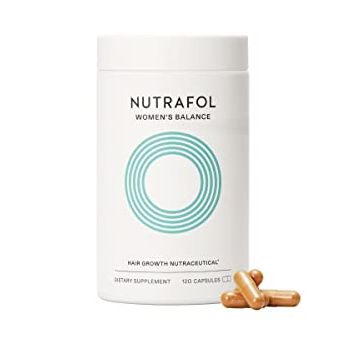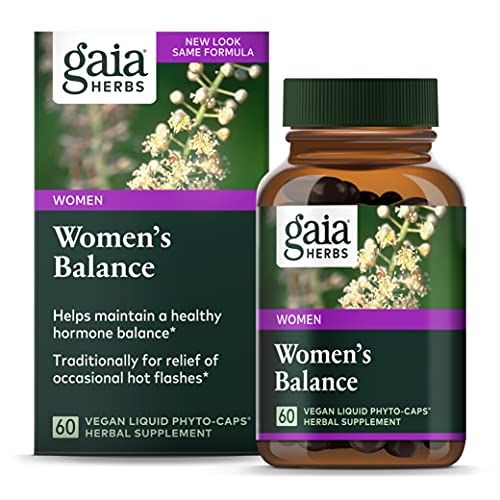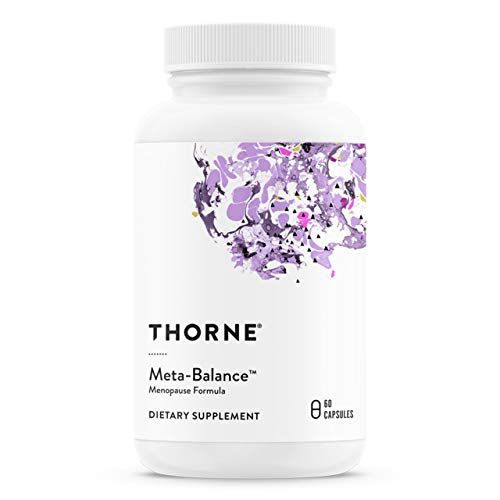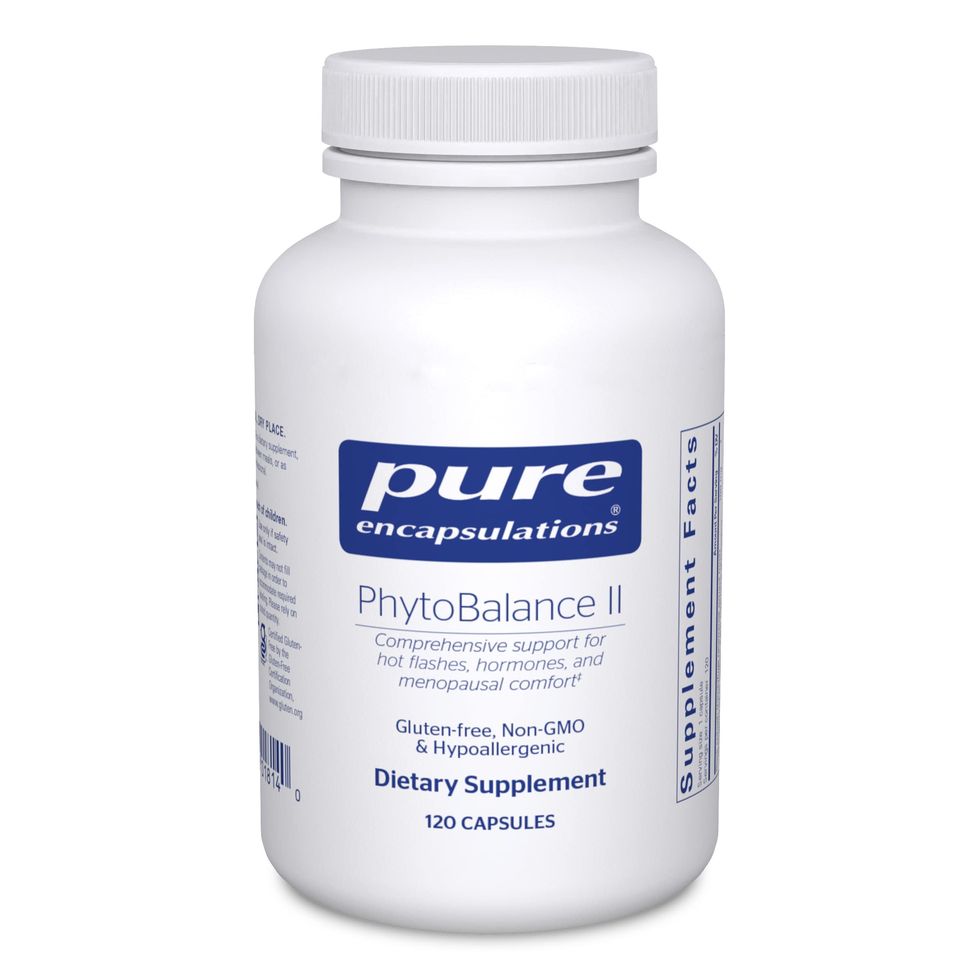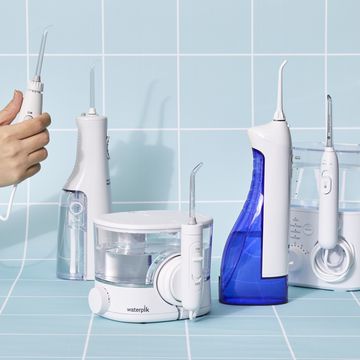The Best Menopause Supplements, According to Doctors and Dietitians
These additions might help with symptoms, including hot flashes, anxiety, night sweats and fatigue.
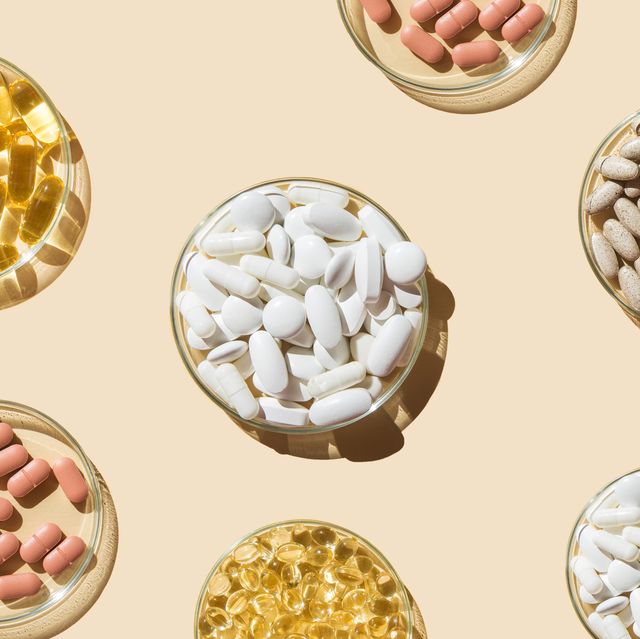
We've been independently researching and testing products for over 120 years. If you buy through our links, we may earn a commission. Learn more about our review process.
Fatigue, hot flashes, night sweats, weight gain, dry skin and brain fog. These are just a few of the 30-plus menopause symptoms that can disrupt women's lives. Most women go through menopause between the ages of 45 and 55, with many experiencing symptoms seven to 10 years earlier during perimenopause.
In seeking relief, many women find themselves lacking accurate information and feeling uncertain about which remedies to explore. “It’s hard to know what to believe when women are being bombarded at every level with companies and remedies that are promising results that seem too good to be true,” said Sharon Malone, M.D., a board-certified OB/GYN, certified menopause practitioner and author of Grown Woman Talk.
Diet and lifestyle strategies — eating nutrient-rich meals, getting regular exercise and limiting alcohol and caffeine — can help make the menopause transition more manageable. Ashley Koff, R.D. of the Better Nutrition Program also noted that your total nutrition — what you choose to eat and exclude — as well as sleep, digestion and stress will help or worsen symptoms. While the right supplement can help some individuals, it’s important to manage expectations. Menopause is complex, and there’s no magical supplement solution.
“The one message all women should get is this: Menopausal hormone therapy is the most effective treatment for the symptoms of menopause,” said Dr. Malone. While menopause supplements aren’t as effective as hormone replacement therapy (HRT) for symptom relief, they might be preferred for those who can’t use HRT or desire alternatives. Consult your healthcare provider to help find the best approach.
Numerous menopause supplements on the market are advertised as natural because they contain ingredients derived from plants or herbs, like black cohosh, soy or chaste tree extract. Unfortunately, the research on many of these compounds are mixed and they can potentially cause interactions or negative side effects when taken in high doses.
Our team of registered dietitians in the Good Housekeeping Institute Nutrition Lab reviewed dozens of products, evaluating them for purity, potency, safety and cost so that you can make the best decision.
Our registered dietitians in the Good Housekeeping Institute Nutrition and Fitness Lab review and evaluate every single supplement we recommend in accordance with our dietary supplement methodology. We then have a registered dietitian on our Medical Review Board review each article for scientific accuracy. A supplement should do just that: supplement the diet, not replace high-quality, nutritious food and important healthy lifestyle practices. Check with your healthcare provider before starting any dietary supplement regimen.
*Price per dosage is based on the price at the time of publication.

Stefani (she/her) is a registered dietitian, a NASM-certified personal trainer and the director of the Good Housekeeping Institute Nutrition and Fitness Lab, where she oversees all nutrition and fitness-related content, testing and evaluation. She holds a master’s degree in clinical nutrition from New York University, as well as advanced certifications as a Women's Fitness Specialist and a Behavior Change Specialist. Stefani is dedicated to providing readers with evidence-based content to encourage informed food choices and healthy living. She is an avid CrossFitter and a passionate home cook who loves spending time with her big fit Greek family.

